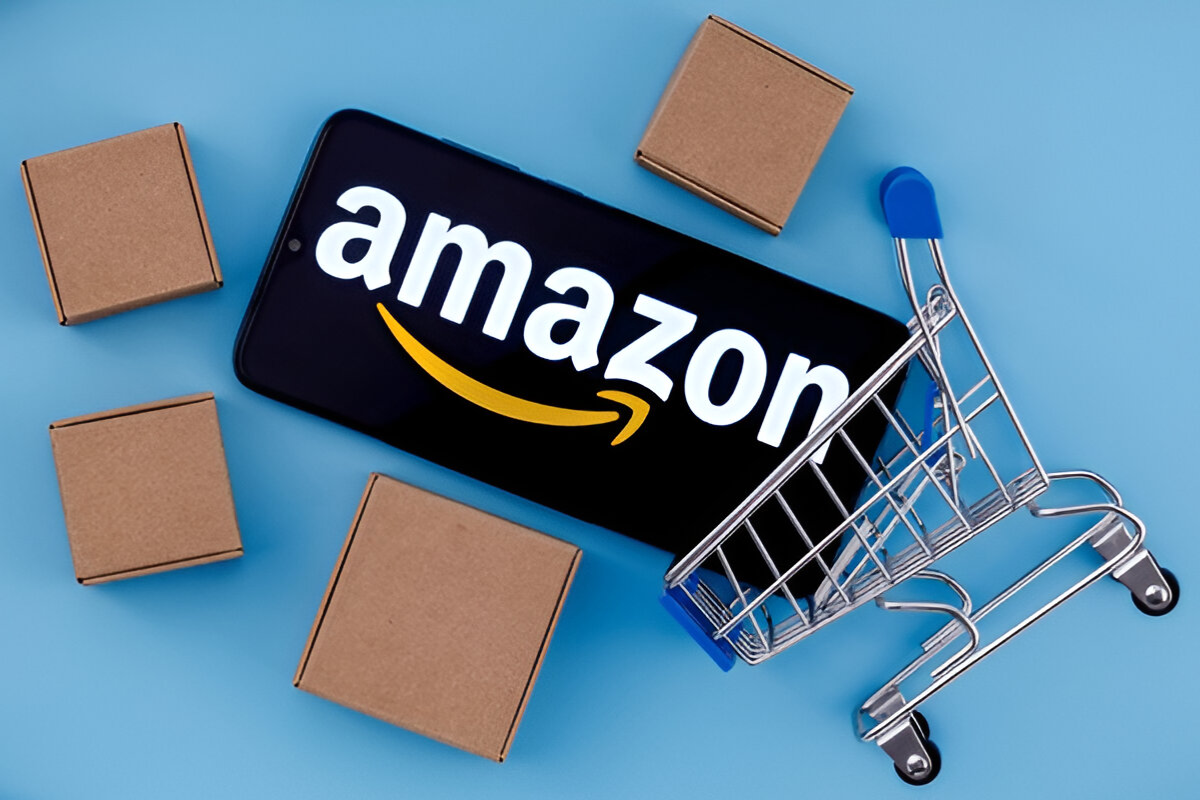
Amazon’s Quiet Retreat From Tariff Transparency Sparks Bigger Questions About Retail Accountability
by Amiya Nandy in News, Technology on May 2, 2025Amazon’s unexpected decision not to display information about tariff-related costs on the product pages has generated an even more intense debate that is the result of several conflicting trends such as political pressure, retail openness, and customer trust.
When the reports revealed that at the beginning of the week Amazon was considering the idea of indicating the effect of tariffs on product prices, the company promptly repudiated the reports. Amazon spokesman Tim Doyle explained that this thought had never been realized and that the proposal itself was invented by an automatic process of a Haul store that was then run by an idea generator not by the team as such and that it would never be legalized.
Nevertheless, the company’s speedy denial climaxing with the White House’s direct response has provoked different questions: Why shouldn’t retailers reveal the amount they charge for tariffs? Why are we now talking about this decision as if it is a political concept?
How an undeveloped idea turned to dust behind the curtains
Here is the gist of the situation: Through Punchbowl News, we were informed that Amazon was, behind the scenes, checking in with a very capable team and their project was related to the creation of a feature that would let the takers of the shopper category see without a doubt how much money they would lose owing to the tariff on the product they were browsing. The project did not gain much of a momentum there, as well as the features of this experiment that also contributed to the fact that it was practically impossible to get any publicity beyond the lab confines.
Immediately after the report was published, the Trump administration, known for its tough stance, was very vocal and open in its criticism. White House spokesperson Karoline Leavitt called the feature a “hostile and political act,” and also, CNN informed its viewers that the President himself had made a phone call to Amazon’s chairman, Jeff Bezos, to complain.
Amazon promptly issued a statement which refuted the entire story that was being spread.
Despite that, the very core of the problem stays the same: Prices are going up due to tariff implementation, and they are growing fast, while the consumers have been left with no clear way to track the amount that they are paying for this matter.
Most tariffs are not seen but they are there
Without any attention to them, the import duties for Chinese products like electronics, clothes, kitchen tools and toys have been taking a customer’s budget stealthily. The rates of items listed at Temu and Shein have jumped for 377%, on average, and experts have recently stated that exact inflation might be impacting the listings on Amazon, albeit in a cleverer way.
The absence of the pricing components through which consumers can determine a product’s cost from the policy cost has been a large problem.
“There’s a big void between what shoppers pay and what they are aware of,” Tara Gilmore, the retail analyst, worried. “The public feels highly aggravated at the rise in prices with no rational justification, and tariffs largely provoke the problem.”
Amazon and the reason for not standing against it
A change of direction by Amazon need not necessarily be the company’s intention to hide information but more likely just the attempt to dodge a public fight. The idea of a tariff display is something Amazon by default puts itself on the line for if prices were to be perceived as such only through the insistence of the government, and this is definitely what the present leadership of the nation didn’t want to happen.
Although, some observers would argue that Amazon, in its resistance to the option, might have ignored a very significant moment to stimulate a discussion about price display transparency made possible by the trend of tech-savvy, cost-sensitive young buyers.
“This was not a political decision. Trust was at the core.” Gilmore mentioned “Amazon had an opportunity to demonstrate to shoppers where their dollars were going. Instead, they showed their weakness.”
The implications of the present event on online pricing in the future
It is very likely that tariffs and trade disputes as ingredients of global business transformation will force many of the retailers to explain away the hidden costs behind the products they are vending. However, an easier understanding of the issue by the buyers can be facilitated by price tags, clearance receipts, or, better yet, by the use of tools hosted by a non-affiliated third party. And besides, ignorance requires a price, not a method for long-term survival.
One of the first signs of how tariffs might affect prices of the products would be Amazon’s Prime Day in July. Because of the tariffs, it might not be as easy to discount prices and as a result, we can expect fewer items at jaw-dropping rates than in the past. Besides, the conciseness of lists of the prices can lead to the conclusion that the buyers are becoming more suspicious than enthusiastic about the purchase in the time of inflation.
Amazon has buried any talk of the tariff list, but it is only the beginning of the story. It is most likely that consumers will continue to be inquisitive about the real cost of the goods as long as the geopolitical situation in the world sets new price marks for daily use items.
Whether they want it or not, the retailers are most likely to be forced to give the answer soon.





